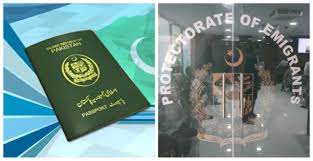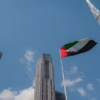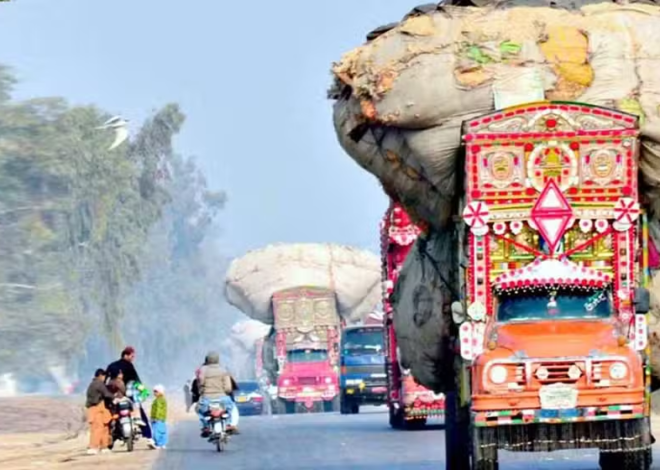
New Bahrain Work Visa Protector Fee in PKR Effective from August 2024
As of August 2024, the Government of Pakistan has revised the fee structure for the Bahrain Work Visa Protector, a mandatory requirement for Pakistani workers heading to Bahrain. This adjustment reflects both changes in the currency exchange rate and updated administrative costs, impacting thousands of Pakistanis seeking employment in Bahrain. The new fees are set to ensure that workers are adequately protected and their rights safeguarded under the laws of both Pakistan and Bahrain.
Understanding the Bahrain Work Visa Protector
The Bahrain Work Visa Protector is a critical component for Pakistani nationals planning to work in Bahrain. This document serves as a safeguard, ensuring that workers are registered with the Pakistani government and are protected against potential exploitation or abuse while working abroad. The Protector’s role is to verify the employment contract, ensure compliance with labor laws, and provide workers with access to legal assistance and other resources if needed.
The Protector fee, which is collected by the Bureau of Emigration and Overseas Employment, has been subject to periodic adjustments to account for inflation, currency fluctuations, and administrative expenses. The latest update, effective from August 2024, reflects these factors and aims to streamline the process for both workers and employers.
Latest Fee Structure in PKR
As of August 2024, the revised fee for the Bahrain Work Visa Protector is set at PKR [insert specific amount here], an increase from the previous amount. This adjustment is part of a broader effort to align the fees with current economic conditions and to ensure that the services provided by the Bureau of Emigration are adequately funded.
The fee is payable at designated Protectorate Offices across Pakistan, where workers must submit their documents for verification before their departure to Bahrain. The process involves several steps, including the verification of the employment contract, medical examination certificates, insurance coverage, and the issuance of an Emigration Clearance Certificate (ECC).
Factors Influencing the Fee Increase
Several factors have contributed to the increase in the Bahrain Work Visa Protector fee. These include:
- Currency Exchange Rate Fluctuations: The value of the Pakistani Rupee against major currencies, including the Bahraini Dinar, has seen significant fluctuations in recent years. This has necessitated a revision in the fee structure to maintain the financial sustainability of the protection services provided by the government.
- Inflation and Administrative Costs: Rising inflation in Pakistan has led to an increase in the cost of providing services, including the processing of work visas and the protection of workers’ rights. The updated fee is intended to cover these increased costs while ensuring that workers continue to receive the necessary support.
- Enhanced Protection Services: The government has introduced several new measures to enhance the protection of Pakistani workers abroad. These include improved legal assistance, better access to consular services, and more comprehensive insurance coverage. The revised fee helps fund these enhanced services, ensuring that workers are well-protected while working in Bahrain.
What Workers Need to Know
Pakistani workers planning to work in Bahrain must be aware of the new fee structure and ensure that they have the necessary funds to cover the costs. It is crucial for workers to complete the Protector process before leaving Pakistan, as failure to do so can result in legal complications and potential deportation from Bahrain.
In addition to the Protector fee, workers should also be prepared for other associated costs, such as medical examinations, insurance premiums, and travel expenses. Employers in Bahrain are often required to cover some of these costs, but workers should clarify these details in their employment contracts to avoid any misunderstandings.
Impact on Pakistani Workers
The increase in the Bahrain Work Visa Protector fee is expected to have a mixed impact on Pakistani workers. While the higher fee may pose a financial burden for some, it is also a necessary step to ensure that workers receive adequate protection and support while working abroad. The government’s efforts to enhance protection services and provide better access to legal and consular assistance are likely to benefit workers in the long run, helping to prevent exploitation and ensure their rights are upheld.
Moreover, the revised fee structure reflects the government’s commitment to maintaining a robust system for protecting its overseas workforce, which is a critical source of remittances for the Pakistani economy. By investing in these protections, the government aims to safeguard the welfare of workers and strengthen the overall framework for labor migration.








